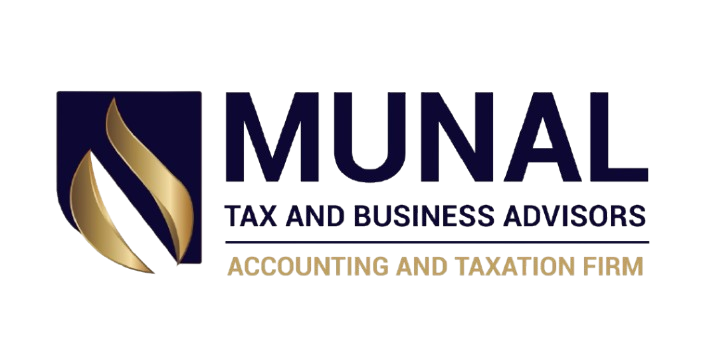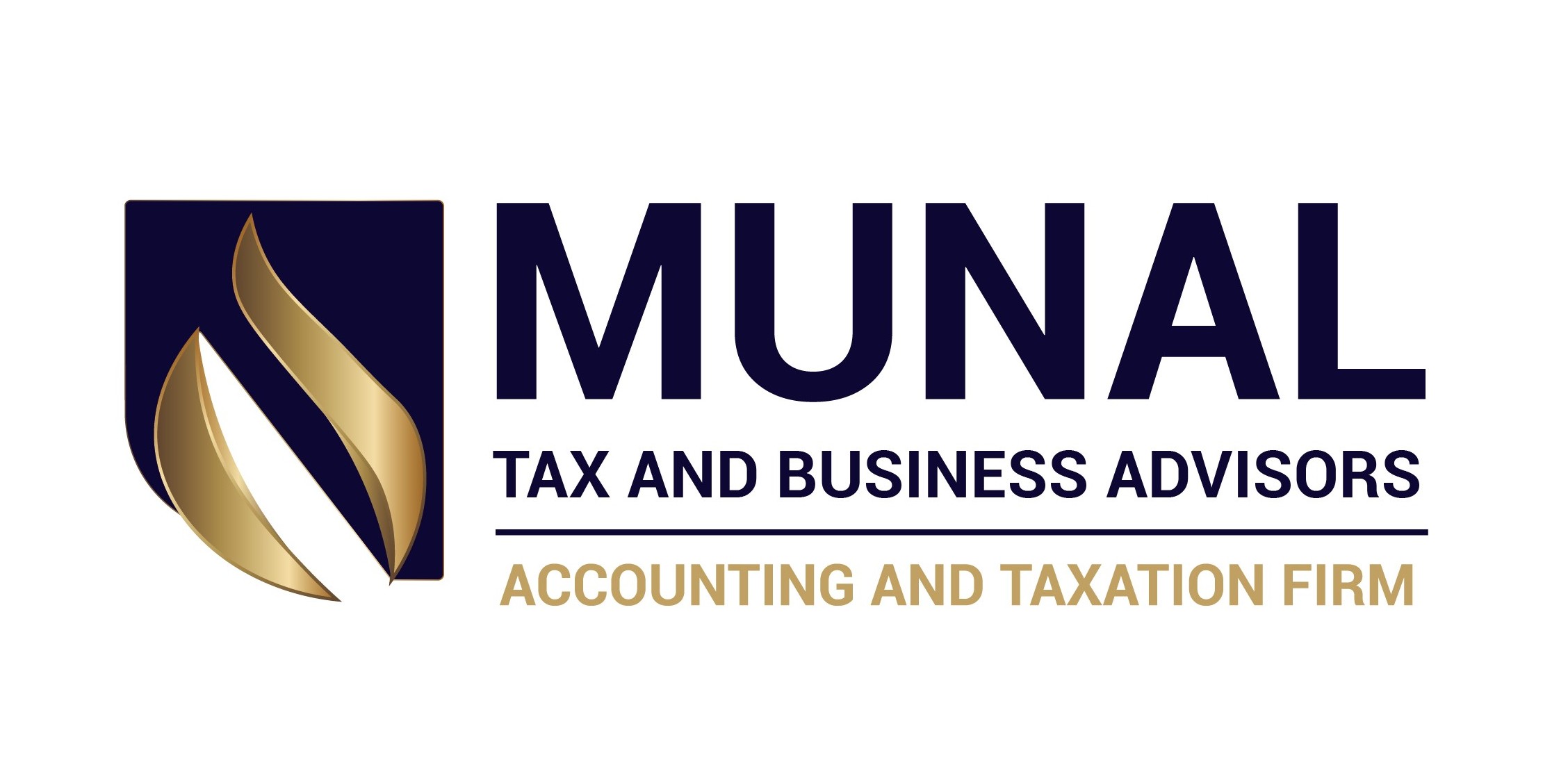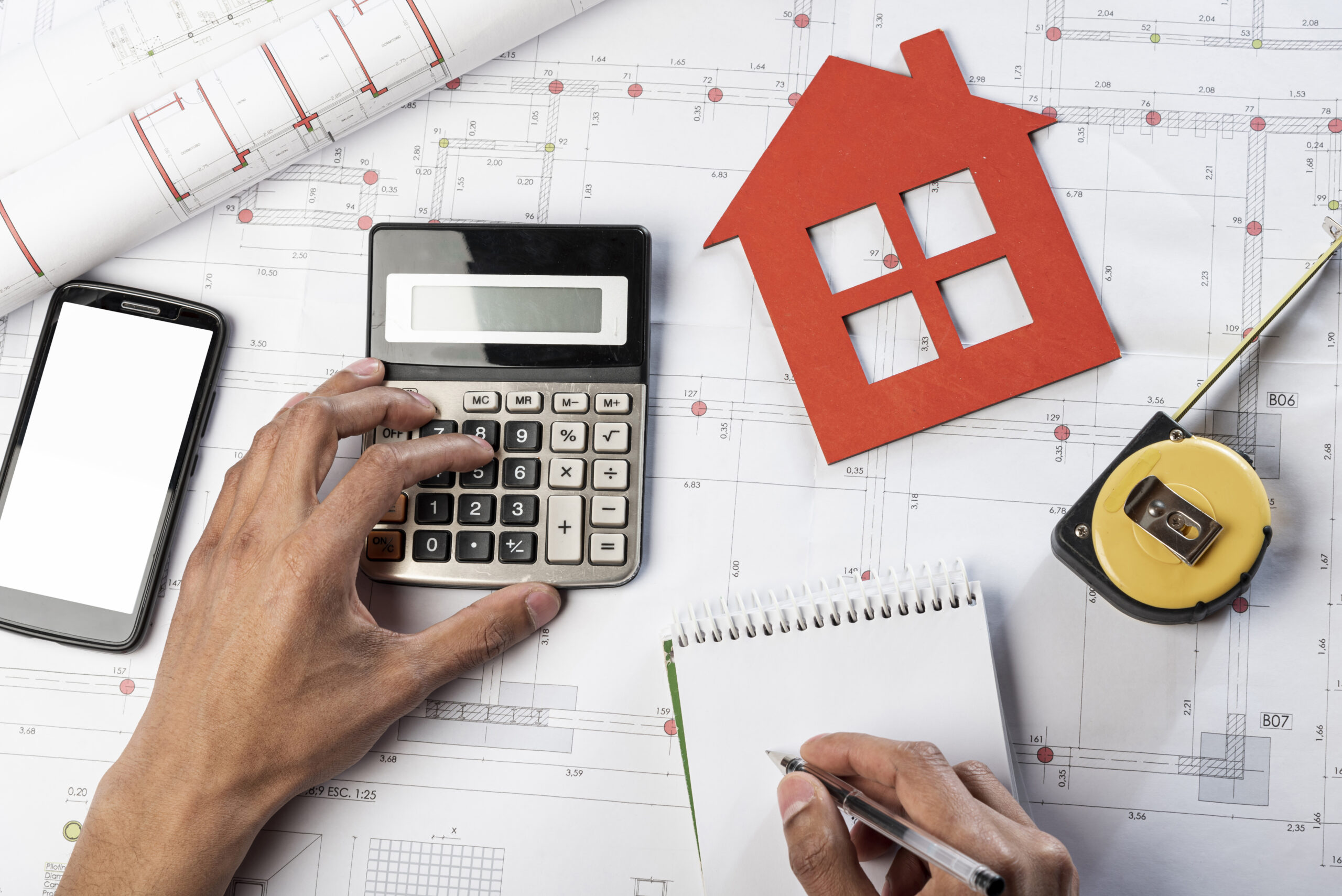At Munal Tax, our property tax specialists are dedicated to helping property investors maximize their returns by claiming every deduction legally available. Owning an investment property comes with many expenses, and knowing which ones you can deduct makes a big difference at tax time.
Some of the common deductions property investors may be eligible to claim include:
● Rental returns can provide consistent cash flow.
● Property values generally rise over time, building long-term wealth.
● Investors may access deductions on expenses and depreciation.
● Always budget for empty rental periods.
● Regular upkeep protects value and tenant satisfaction.
● Property managers and advisors help maximize returns.
● Use mortgage options wisely to expand your portfolio.
Property investing remains a powerful wealth-building strategy when approached with research, planning, and discipline. By focusing on the right locations, managing risks effectively, and maintaining a long-term perspective, investors can create financial freedom and stability for themselves and future generations.




